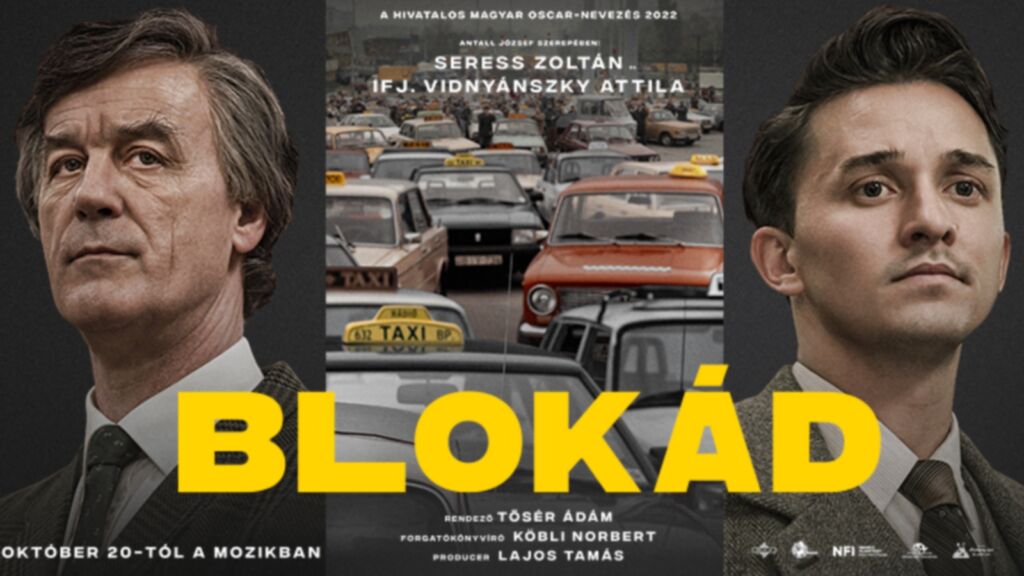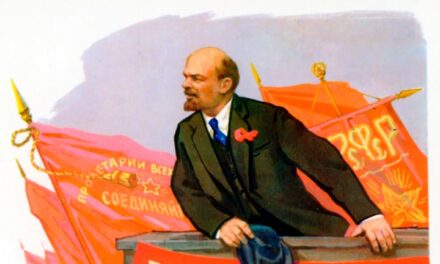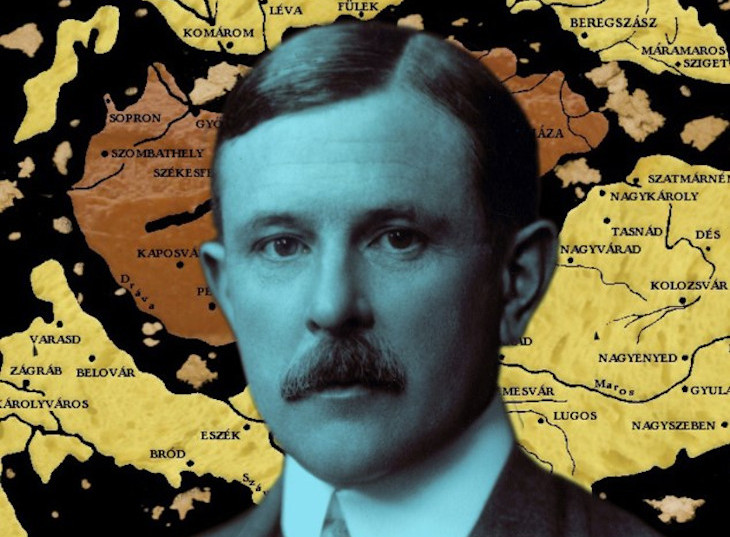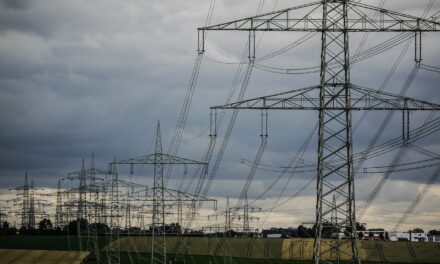In the 80s, when we walked through the city center from the Petőfi statue to Batthyány tér during the unannounced demonstrations on March 15, or when we read Gáspár Nagy's poem about Imre Nagy, which slipped through the censors' stupidity ("one day we will have to bury him...") I imagined that once the communists failed, I would vote for a national party. I didn't believe it too much, but I toyed with the idea. - Zsolt Ungváry expresses his thoughts on the vasarnap.hu website.
So it was legal that I cast my vote for the MDF during the regime change, I was happy about the free election, and I made sure that everyone felt the same way. Your taxi blockade has cost you a lot. It seemed incomprehensible that when we had to protest against the unpatriotic dictators, the one-party oppressors who called in the Soviets, a few hundred of us marched on Alkotmány utca, on Margaret Bridge. And when we have a democratically empowered government, half the country is out on the barricades because of a gas price hike. Ungváry continues
The film Blokád fills the gaps, it's a great work. And the reactions highlight the extent to which those representing the opposition narrative of the time still needed a little clarification on certain issues. Farkasházy Tivadar (who is the opposite of everything we are) laments and rages about this. From the criticisms he quotes (by the way, they are all from opposition organs, from Népszava to 24.hu) he filters that in the film "Árpád Göncz is an evil, deranged mind preparing for treason, József Antall is a hero in NER's new course film." "Blockád turns József Antall into a calm hero and Árpád Göncz into a malicious clown." "The new course film makes a statue of József Antall, Árpád Göncz makes a fool of him. We're already at the point where it's so repulsive that we'd like to slap it in the face."
Good morning! We have known this for 32 years. The bursting of their own Uncle Árp's bubble may be a surprise for them, but things just fall into place. As we knew from 1956, it was not a counter-revolution, no matter what the textbooks say. The loudness of those who represent their strange truth is shouted over by the silent majority this time as well. Like on April 3rd.
And what kind of course film? MDF has ceased to exist a long time ago, Antall is dead. Fidesz and Viktor Orbán were in the opposition at the time, and although they did not spectacularly stand by the blockade, like the SZDSZ, they also went hard against the government in the Parliament. For the Farkasházy family, it is the course film that pulls the veil off the scheming and network of globalists, liberals, and traitors. The course film that shows the truth, because the course of lies has ended with us, thank God. (It's taking off in the West now.)
It is typical for big tolerant people to hold an actor accountable for the role he plays. I remember as a child I hated poor Flórián Kaló, who plays the evil chef in The Pancake King, but you outgrow such things by the age of ten. History is not mathematics, where there is a solution to the equation, but this film rhymes very much with my memories, my feelings and my mood at that time. II. Pope John Paul II watched Mel Gibson's Passion, which was much attacked by the liberal mainstream, and he is said to have said only this afterwards:
"It happened."
Source and full article: vasarnap.hu
Featured image: Blockade c. movie poster












